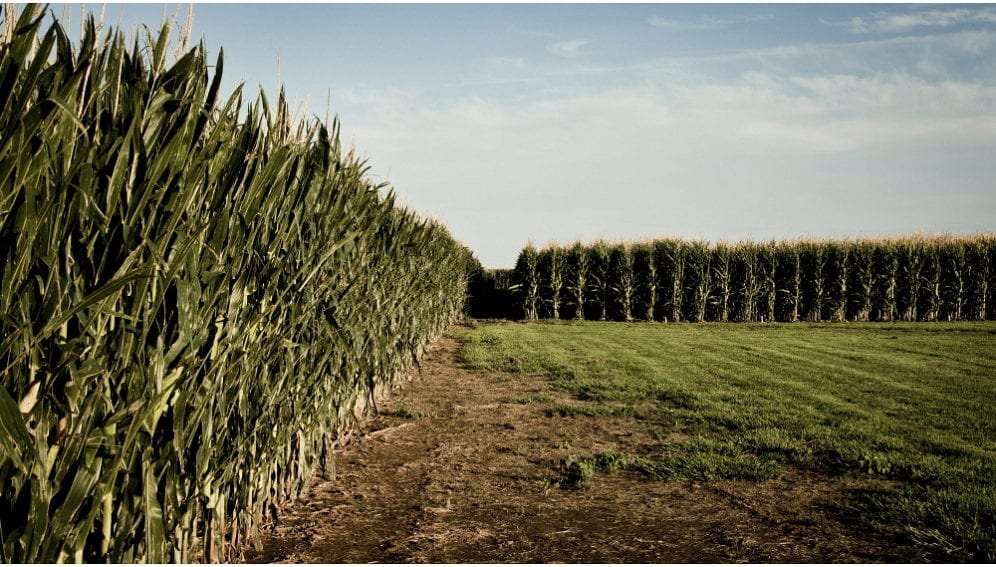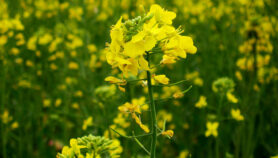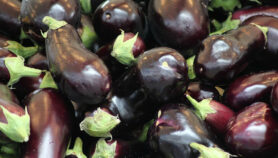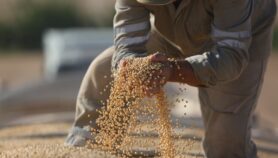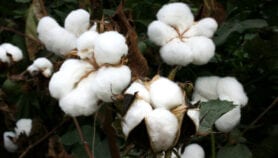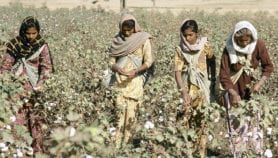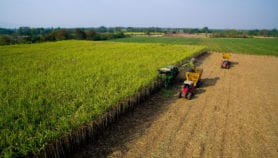By: Paul Icamina
Send to a friend
The details you provide on this page will not be used to send unsolicited email, and will not be sold to a 3rd party. See privacy policy.
[MANILA] Genetically modified (GM) corn can benefit “poor corn farmers more than relatively big or richer farmers”, says a team of agricultural economists from Thailand, United States and the Philippines in a recent paper in Food Policy (18 October).
The researchers used economic modelling techniques to compare corn production in the Philippines from two years (2003-2004 and 2007-2008) when Bt crops were becoming more popular. Bt corn contains a gene from the soil bacterium Bacillus thuringensis (Bt), which makes it resist to the Asian corn borer, an insect pest that can cause losses of 20-80 per cent.
In both study years, farmers growing Bt corn had higher yields than non Bt farmers, and the effects were “generally more strongly felt” by farms with relatively low yields — often smallholders or subsistence farmers. Previous studies have shown that growing Bt corn can increase yields and reduce farmers’ application of pesticides, but some research had suggested GM mostly benefits larger-scale farmers.
Corn, the second most important crop after rice, is planted by 1.8 million subsistence farmers in the Philippines on lands usually less than four hectares. The study looked at yellow corn, which accounts for about 60 per cent of production.
Bt corn is one among several possible tools that can help increase poor farmers’ yields, improve agricultural productivity and enhance overall farmer welfare in the Philippines, the study says.
Knowing specifically who benefits from Bt crops has policy implications, says the study’s lead author, Santi Sanglestsawai, of Kasetsart University, Bangkok.
“In general, policymakers in developing countries would be more interested in supporting increased adoption of Bt crops if there is empirical evidence that the lower yielding farmers, who are typically poor smallholders, specifically benefit,” he says. He adds that the new research can be used “to justify policies that encourage (or subsidise) the use of Bt technology among poor smallholders”.
However, the researchers note that higher yields from Bt corn do not necessarily mean higher income, as the yield benefit must be weighed against the cost.
But Ruben Villareal, former chancellor of the University of the Philippines Los Baños, says that seed cost “may be higher, but you get the kind of yield that is significantly more, so that the small farmers really benefit”.
“Bt corn means a big jump in yield, more than doubling the harvest of farmers,” Villareal says, adding that the cost of growing Bt corn “is lower because of less labour due to less pesticide use”.
“Others say we don’t know the long-term effects, and there are still questions,” says Rafael Guerrero III, a former head of the Philippine Council for Aquatic and Marine Research and Development. But he says: “So far, there has been no single case of an adverse effect. More people die of pesticide poisoning.”
Link to abstract in Food Policy
This article has been produced by SciDev.Net's South-East Asia & Pacific desk.
References
Food Policy doi: 10.1016/j.foodpol.2013.09.011 (2013)


